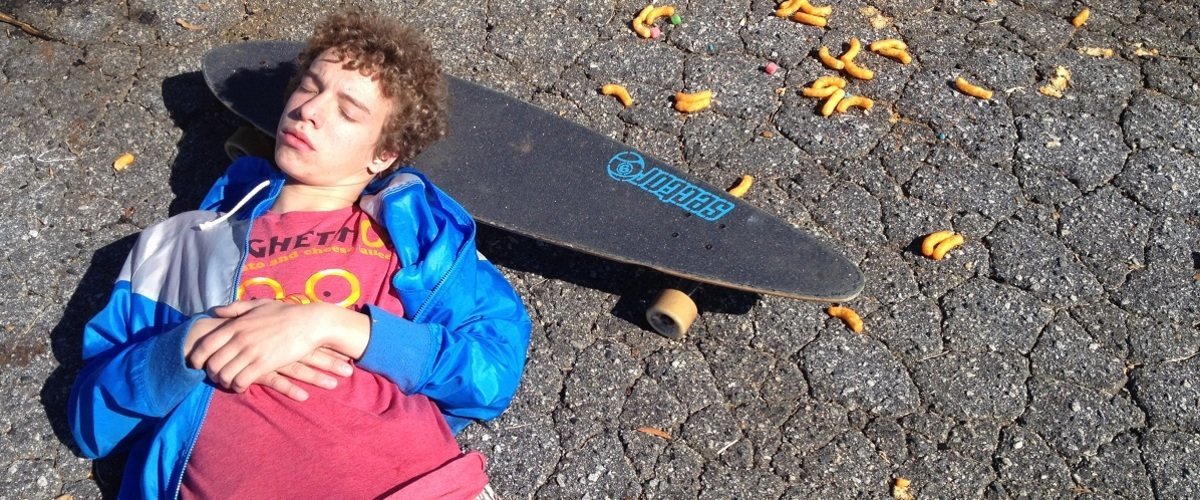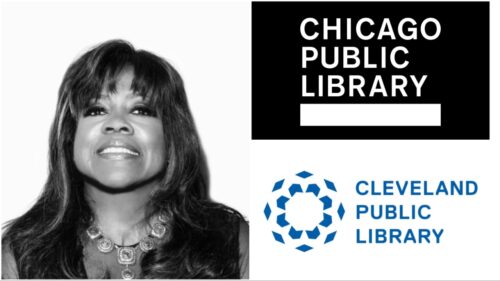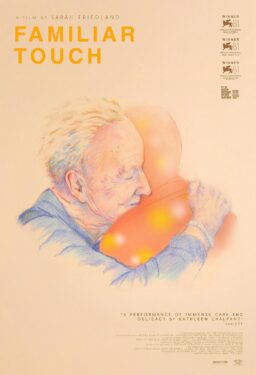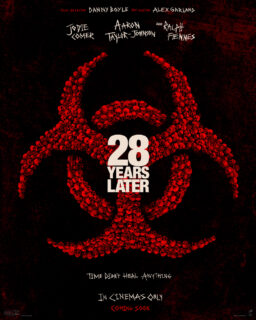This series features the movie questionnaires and reviews from 2015 published by our site’s regular film critics. We continue with critic Simon Abrams, who has reviewed such films as “Cheatin',” “It Follows,” “A Pigeon Sat On a Branch Reflecting on Existence” and “What We Do in the Shadows.” His Twitter handle is @simonsaybrams.
QUESTIONNAIRE:
Where did you grow up, and what was it like?
Little Neck, Queens in a four-family co-op. I lived across the street from a public school, and a public library. The weird thing was I only went to that school for two years, and not even consecutive ones. My parents wanted me to go to better schools, and/or the same school as my older sister, so I changed systems four times before I got to high school. My sister was, and probably still is my best friend. I was kind of a lonely kid until I got hormonal in high school, and developed a radioactive-enhanced chip on my shoulder. None of my Manhattan friends would visit Queens, and my Queens friends didn’t stick around much longer. I read a lot, and rewatched the same junky movies over and over. Also, I had a cat, my mom persistently asked me how my day was and who my friends were, I played soccer (right wing, usually defender, except that one time I scored a goal somehow), and I stole money to buy trading cards until I got caught. It was nice enough, my childhood.
Was anyone else in your family into movies? If so, what effect did they have on your moviegoing tastes?
I think they all were, to some extent, but not as much as me. My parents were pretty encouraging because neither they nor I knew I would wanted to become a film critic. Fools, the lot of us! Ahrm. I used to go to the movies with my paternal grandparents a lot. They lived in Roslyn (my grandma still does), and would take my sister and I out to Roosevelt Field, Port Washington, Manhasset. Never understood why they only took us to the Long Island theaters. We lived much closer to Douglaston, and they always eventually had to return us home. Anyway, my grandparents were even more encouraging, but I also watched some of my favorite R-rated movies on VHS and DVD at their house when they weren’t looking. Like “Alien,” “Blade Runner,” that kinda thing. Movie-going was usually a family thing, but when I got angsty later on, I went to the movies alone. I guess it took a while to break the habit of only going with other people.

What’s the first movie you remember seeing, and what impression did it make on you?
Maybe “Big Bird in China?” I used to own that on VHS, and would rewatch it a lot. The Monkey King both terrified and delighted me. And the scenes where Big Bird looked for his dog Barkley made me anxious. But the musical numbers annoyed me; I didn’t like the actors’ voices. Too pitchy, I think.
What’s the first movie that made you think, “Hey, some people made this. It didn’t just exist. There’s a human personality behind it.”
“Akira Kurosawa’s Dreams.” I mean, it’s in the film’s title, I know, but I saw that when I was…maybe 11, or 10. And I couldn’t make it through some of the segments in the film because it scared me so much. But I didn’t pursue Kurosawa’s other movies until later. I do remember seeing “Brazil” when I was 12 or 13 and being so thunderstruck that I had to see more films by that director. “Brazil” also made me want to get serious about watching movies. Then again, I think Mel Brooks was baby’s first auteur. I remember seeing “Young Frankenstein” and “The Producers” and “Blazing Saddles,” which was a little risque for a prepubescent, single-digit mouth-breather like me. But I knew there was a personality making those movies, and was instantly attracted to it.
What’s the first movie you ever walked out of?
“Star Trek: First Contact.” My sister and I were terrified of the Borg, so my grandparents dragged us out of the theater. This was kind of a jolt for me, but only because I was so busy covering my eyes that I didn’t notice my sister was doing the same thing. We tried rewatching it again (and in theaters, at that!), and survived well enough though.
What’s the funniest film you’ve ever seen?
“Flying Deuces” was the first movie that made me laugh so hard I cried. But the funniest movie? I’ll always love Mel Brooks’s films, so probably “The Producers.” I also love Blake Edwards’s comedies, even the sloppy ones. And the Marx Brothers’ movies, especially “A Day at the Races,” “Cocoanuts,” and “Duck Soup.” And “Top Secret!”
What’s the saddest film you’ve ever seen?
“Why, Charlie Brown, Why?” No, seriously, this is not a joke, I have seen this film, and it is…hoo, man. It’s about a little girl that has leukemia. The girl doesn’t die, but yeah, you try feeling good at the end of that. I also love “Goodbye, Mr. Chips” and “Umberto D.”
What’s the scariest film you’ve ever seen?
Probably “Akira Kurosawa’s Dreams.” Most of the film’s vignettes, like the one where the little boy is banished from home after spying on a fox wedding ceremony, are still pretty traumatizing.

What’s the most romantic film you’ve ever seen?
I’m tempted to be a wise-ass, and say something stupid like “Death Wish 3,” but nah. I love romantic movies. I think Frank Capra’s films are beautiful, especially “Mr. Smith Goes to Washington,” and most of Charlie Chaplin’s films also very romantic, with the exception of some of his talkies (I love “Monsieur Verdoux,” but that movie is in no way romantic). That’s not really the question though, is it? “Harold and Maude” comes pretty close for me, and there’s always “In the Mood for Love.”
What’s the first television show you ever saw that made you think television could be more than entertainment?
I get what this question is asking, and will therefore refrain from answering with “America’s Most Wanted.” But it might have been “The Twilight Zone.” That show’s intelligence and sense of imagination instantly captivated me.
What book do you think about or revisit the most?
H.G. Wells’s “The Invisible Man.”
What album or recording artist have you listened to the most, and why?
The Beatles. They were the band that made me interested in listening to music. I didn’t really care to listen to music until high school, and even then it wasn’t a great passion. But when I was younger, I used to take out “Sgt. Pepper’s Lonely Heart’s Club Band” (I loved the cover art), and their Apple Records’ “Best Of” collections. This one librarian used to make fun of me because I used to checked out the Beatles so much. She thought I was listening to it for a class. I didn’t understand why she looked at me funny when I told her it was because I liked them. Kind of an odd way to discover the Beatles, I guess.
Is there a movie that you think is great, or powerful, or perfect, but that you never especially want to see again, and why?
“Shoah.” Not a finger!
What movie have you seen more times than any other?
“Bananas,” maybe? Yeah, that sounds about right.
What was your first R-rated movie, and did you like it?
The first R-rated movie I checked out of the library was “The Bodyguard.” I had hoped there would be a lot more sexy, sexy sex in it…like an orgy’s-worth. My expectations were obviously a mite bit high. And yet, eirdly enough, I kinda liked “The Bodyguard” in spite of everything. And the first R-rated movie I snuck into was “Enemy at the Gates.” It was playing in the smallest theater at Movieworld Douglaston, and I was the only one in the auditorium. I almost got caught when the usher saw me, but he looked the other way. I kinda liked that one too, but I can’t remember much about it.
What’s the most visually beautiful film you’ve ever seen?
Aren’t you tired of me by now? Sheesh. Uh, let’s go with “2001: A Space Odyssey.”
Who are your favorite leading men, past and present?
Past: Arnold Schwarzenegger, and Jackie Chan. Present: Jack Nicholson, and James Cagney.
Who are your favorite leading ladies, past and present?
Past: Julie Andrews, maybe?! Present: Rosalind Russell, and Barbara Stanwick.
Who’s your favorite modern filmmaker?
I can’t pick just one so I’ll go with Roman Polanski, Spike Lee, Paul Verhoeven, and Johnnie To.
Who’s your least favorite modern filmmaker?
I dunno if there’s one filmmaker that really sets my teeth on edge more than others. They’re all terrible, really (KIDDING). I guess I hate the Happy Madison filmmakers, but again, not so much that I’d die if I had to rewatch “Jack and Jill” at gun-point. That having been said: please don’t make me rewatch that film, please, take my life, I mean wife.

What film do you love that most people seem to hate?
Isn’t this question designed to make Glenn Kenny hit me with a rolled-up newspaper? I’ll deserve it, but still. Uh, I love “Southland Tales.”
What film do you hate that most people love?
Again, another winner. Um…why don’t I qualify this to film-that-was-released-this-year-that-has-generally-been-ecstatically-received-but-I-cannot-stand-for-anally-specific-reasons: “Leviathan.”
Tell me about a moviegoing experience you will never forget—not just because of the movie, but because of the circumstances in which you saw it.
Volunteering at the New York Asian Film Festival (NYAFF) in the summer of 2004. I loved working with and getting to know the festival programmers, and got to watch a lot of fun movies for free. That was a real treat in spite of the fact that the Anthology Film Archives’ air-conditioning wasn’t working, and it was early June. Still, the movies, and fascination I’ve since developed with films from Asian countries was fostered at NYAFF. I can still remember conversations I had at that year’s festival. And I remember the seats (blue, standalone bucket seats). And the little aluminum cans of Mr. Brown coffee, and the bags of shrimp chips I used to sell. And the experience of seeing my first film directed by Johnnie To (“Running on Karma” blew me away). And what it was like to watch movies on the side of the auditorium for the first time instead of center-middle (my current preference) or all the way in the back (my former preference).
What aspect of modern theatrical moviegoing do you like least?
Noisy patrons. Come on.
What aspect of moviegoing during your childhood do you miss the most?
Looking forward to trailers.
Have you ever damaged a friendship, or thought twice about a relationship, because you disagreed about whether a movie was good or bad?
Not really, though I remember being a little heartbroken when an ex told me she thought “The New World” was only “ok.” I was so ecstatic about the film, and couldn’t articulate why. But she seemed to basically enjoy the film, though not as much as I did. And I’ve resented her ever since. All kidding aside, nothing really comes to mind.
What movies have you dreamed about?
I don’t dream about movies as much as I dream about characters or actors. Like the dream I had recently where Chico Marx sings part of Lou Reed’s “Perfect Day” (I have no idea why he was telling me I was a-gonna reap just watchoo sew, but woomp, there it is). I do however dream about this one movie theater in Florence that I used to go to when I studied abroad. It was (probably still is) the only theater in the city that showed movies with English subtitles in “versione originale.” The theater is the Odeon Firenze, and it’s a converted opera house. It has beautiful architecture I really do not have the vocabulary to describe. But sitting in the balcony watching lousy American films made me very happy. It was kind of like the first scene in “Holy Motors” but never in real-life.
What concession stand item can you not live without?
Junior Mints, no contest.
REVIEWS:

Alléluia *
Sadly, there’s nothing funny, or especially provocative about “Alléluia” since the film’s impressionistic style is so shallow that one can’t help but feel like you’re watching a technically accomplished vision of love according to an especially angsty goth teenager.
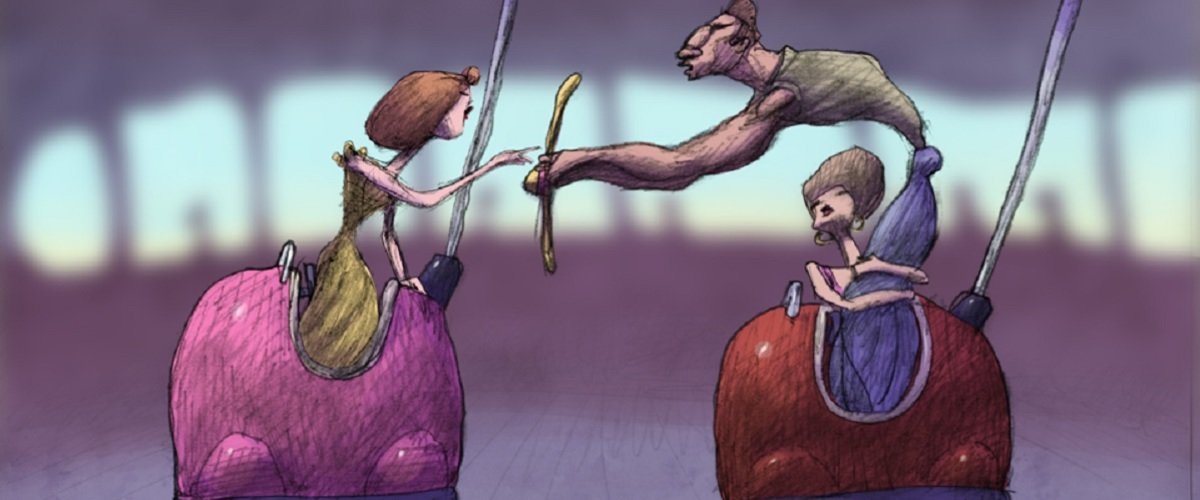
Cheatin’ ***1/2
While “Cheatin'” does have a narrative spine, it’s most entertaining when it’s hardest to pin down. You can easily get lost in Plympton’s brash animation style since his line-work is simultaneously loose, and decisive. And his sense of humor is infectious because it’s well-timed, and proudly freaky.

“Phase II” follows the spread of Samantha’s disease without delving into the knotty themes of sex-negativity and slut-shaming that the first film tackles with admirable confidence. One-note characters suffer the same symptoms that Samantha did in the last film, but never at the same length, nor the same kinds of psychological hang-ups.
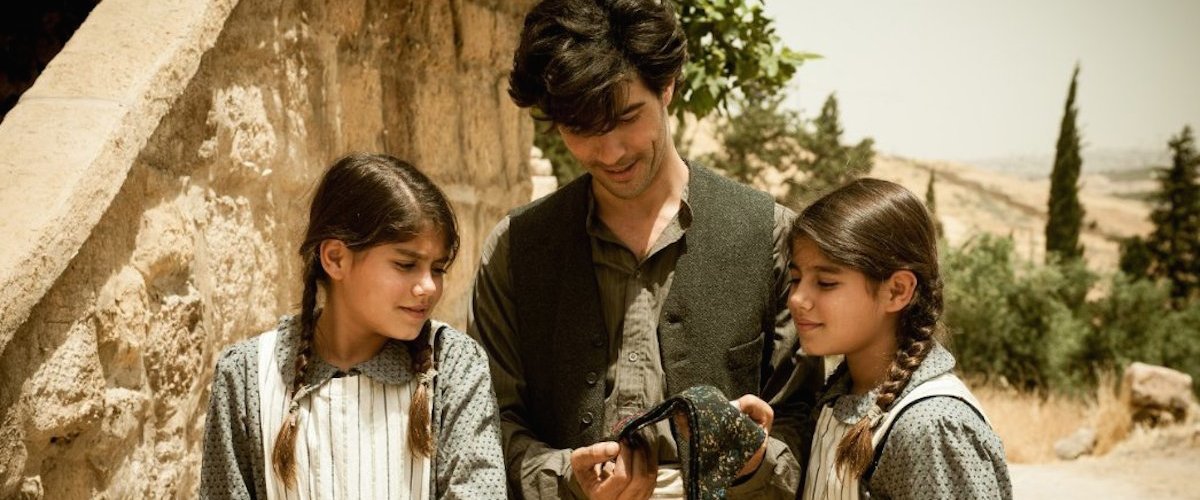
The Cut ***1/2
Armenian refugee Nazaret Manoogian (an incredible Tahar Rahim) answers for a crime he initially committed impulsively, but consequently used to advance his quest to reunite with teenage daughters Arsinée and Lucinée. […] I fixate on this scene because it’s one of the most morally challenging scenes I’ve seen at the movies this year, and one I’ll be thinking about for some time to come.

Dark Star: HR Giger’s World ***
“H.R. Giger’s World” isn’t just remarkable because of Sallin’s appropriately existential focus on the people that regularly visited Giger during his final days. It’s also genuinely warm and involving because of the participation of everyone from Carmen Vega, Giger’s widow, to Sandra Berretta, Giger’s former assistant and self-described “life partner.”

“The Dead Lands” doesn’t add up to much, but it is always on the verge of becoming more than just a bed time story for guys that wish “Braveheart” had a biceps-kissing baby with “Ong Bak.”

While “The Devil's Violinist,” an arresting biopic about inspired/possessed violinist and composer Niccolo Paganini, ends on a sour note, it’s also beautiful and thoughtful. […] It’s an anti-romantic biography about a great artist, one whose central themes are basic, but whose energy and execution is irresistible.

“Digging Up the Marrow” is a decent idea, but beyond some fun creature effects, and a surprisingly grounded performance from character actor Ray Wise, the film just sits there […] like a cat during a heat wave.

Faults ***
“Faults” is a richly-textured movie that concerns the weird space between thinking you know what you’re doing, and actually knowing what you’re doing. You watch it, and marvel that a film that seems to be about Ansel’s dogged attempts at re-integrating Claire back into society is less about story, and more about tone.

Gerontophilia ***
This is a comedy that encourages viewers to be impulsive, and pointedly seek love and acceptance outside of “normal” social institutions, especially when it comes to family and romance. It’s about cherishing impulsivity over introspection, and amassing life experiences without fear of negative consequences.

“The Green Inferno” is, in that sense, not so much a knock against Occupy Wall-Street-style slacktivists (though it is also that) so much as it’s an accomplished, mean-spirited horror film about a heroine who is too young to understand the motives for her do-gooder idealism.

Hellions **1/2
There is […] nothing new in “Hellions” that you can’t get already in earlier, more ambitious horror films. But [Bruce] McDonald delivers an effective thrice-told tale, and he does it with enough avant garde flair to show viewers that temper their expectations a good time.

The Human Centipede 3 (Final Sequence) No Rating
This is the first new film I’ve seen in a while that made me feel like it was made in the same vein as “Blood Feast,” an incompetent 1963 horror film that took films from the intentionally off-putting Grand Guignol theater, and sold itself to drive-in and grindhouse attendants as “the first splatter film.” […] If you like your sleazy exploitation films to be joyless, calculating, and obnoxious, you are the only ones who will enjoy “Human Centipede 3.”

“Into the Grizzly Maze” is the kind of bad horror film that makes you return to older schlock like “Grizzly” with unearned reverence. This is not productively bad: it’s just bad.

It Follows ***1/2
What’s most disquieting about “It Follows” is the way it presents sex as neither abnormal, nor beneficial. By contrast, sex in “It Follows” indiscriminately draws pre-existing emotions out, like a cruel genie that can never be returned to his lamp.

Office ***1/2
Several of [Johnnie] To’s recent films concern economic upheaval and its effect on personal relationships, but “Office” is one of his recent best because it makes something as dire as a financial crisis seem like a natural subject for a modern musical.
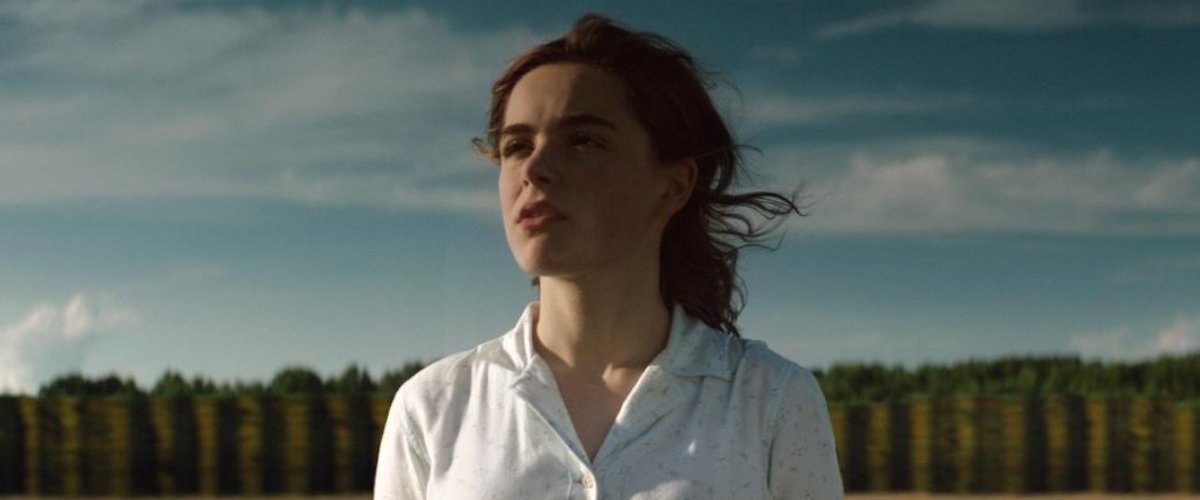
One & Two **
Despite its romantic, Southern Gothic-style landscape photography, “One and Two” never feels as momentous or as angsty as a good story about moody teenagers should, and that’s mostly because the film lacks a menacing parental adversary.

The biggest problem with “Out of the Dark” [is that] it’s not even immediately involving. […] Spanish director Lluis Quilez doesn’t take enough time to show us what his characters are feeling, or how their bodies move in relation to each other. He also doesn’t film any of his actors with proper lighting, preferring a murky, brownish-black palette that makes the title of “Out of the Dark” seem like wishful thinking.

A Pigeon Sat on a Branch Reflecting on Existence ***
A kind of alarmist comedy. It’s a series of comedic sketches about people who are too self-involved to empathize with each other. It’s also a plaintively blunt wake-up call, and an effective demand for viewers’ vigilant sensitivity.

If you want to see an action star age gracefully, you could do a lot worse than “Police Story: Lockdown,” an uneven but satisfying hostage crisis thriller that is also a perfect example of the type of late-period films martial arts star Jackie Chan has decided to make after entering middle age.
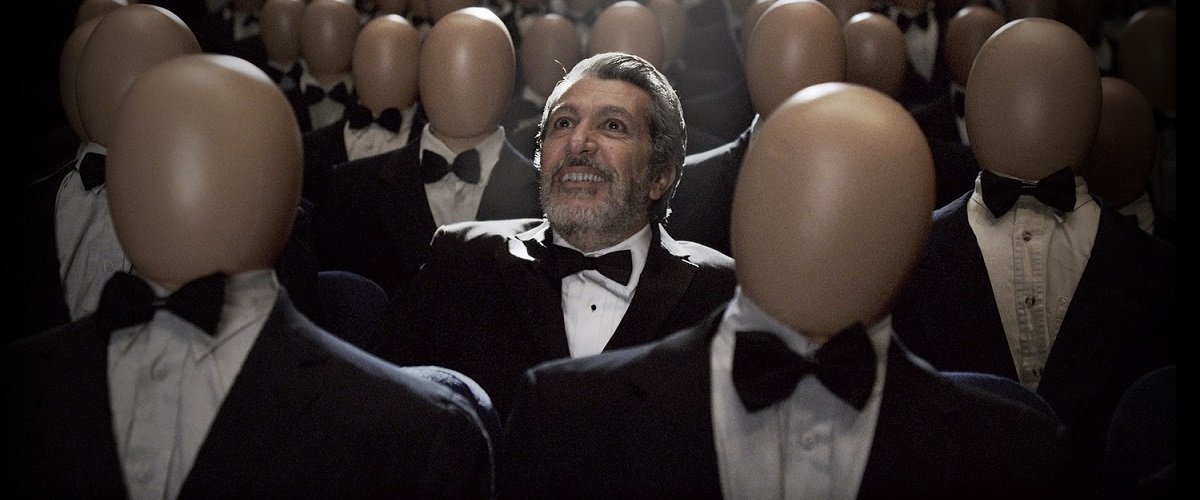
Reality ***
“Reality,” a surreal French comedy told as a series of overlapping and increasingly illogical dream sequences, is a blessedly laid-back prank. It’s a chimeric parody of neat, puzzle-box science-fiction films (“Inception,” “Primer“) and everything-is-connected dramas (“Magnolia,” “Babel“).

Unless you’re a diehard zombie fan, you can wait until an intrepid fanboy posts a highlight reel from “[Rec] 4: Apocalypse” on YouTube. Zombie monkeys are fun, but they’re not worth 96 minutes of your time.

Roar **1/2
“Roar” may often feel like a bizarre Swiss Family Robinson adventure, but the real reason you should go see it is its surplus of lions, and tigers, and cheetahs (oh my!).

R100 ***
There’s a reason why “R100,” a deeply strange comedy about sadomasochism and other secular revelations, starts with a joke-y disclaimer. The film, which takes its name from an imaginary censor board’s rating, […] is deeply silly, but also startlingly outlandish, and more than a little punishing in its repetitiveness.

Rubble Kings **1/2
That myopic focus is sometimes frustrating since [Shan] Nicholson never presses his subjects hard enough to get them to answer follow-up questions. But “Rubble Kings” is an exciting glimpse at a subculture that most urbanites only know exists thanks to NYC-sploitation gems like “The Warriors.”

Sinister 2 **
Director Ciaran Foy (“Citadel“) and co-writers Scott Derrickson and C. Robert Cargill take on more than most horror films do, but fail to bring anything novel or thoughtful to a story about the cyclical/inherited nature of victim/bully roles. The film’s creators have the right ideas, in that sense, but no clue as to how to develop them, making the film’s formulaic characterizations, and cheap jump scares that much more frustrating. “Sinister 2” is so close to being a good movie that everything bad about it seems ten times worse.

Skin Trade ***
It is executed so well (for what it is): the film’s lively action scenes are mostly well-choreographed, and the film’s stars are treated, well, like stars. If you like your martial arts films to be action-packed, but also unironically simplistic, and thoughtlessly violent, then you will really enjoy “Skin Trade.”

Spring **1/2
An ambitious and often enchanting genre hybrid, is at its best when it’s a straight-forward romance. […] “Spring” has a lot to offer, particularly its relaxed ambiance, and seductively assured pacing.
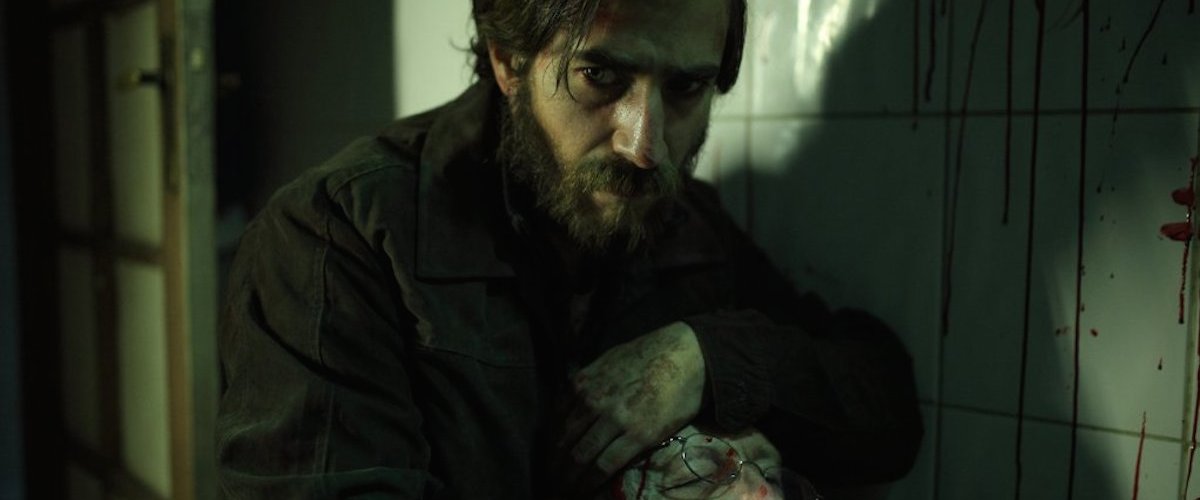
It’s a lousy little film that is so dark and joyless that it leaves you feeling like you wasted your time watching it. But while “The Stranger” is bad, the fact that it makes you wait and wait for its excessively dismal perspective to be justified by a measly little twist is even worse.

Stung *
“Stung” is the worst kind of neo-exploitation film: the kind that encourages you to root for a good guy who is essentially a man-child until crisis mode kicks in, and he abruptly becomes Badass Grownupmin.
Sunset Edge *1/2
“Sunset Edge” has a secret at its heart, but it’s only interesting in terms of the thematic ripples it creates in the film’s eerily still narrative waters.

Turbo Kid **
[“Turbo Kid”] is, in that sense, the ultimate fan film since it monotonously aggregates previously existing scifi/fantasy tropes. Rejoice, Gen X viewers, for now you can uncritically enjoy your childhood’s junk food culture just because you’re looking at the past through the rose-colored lenses of the future.
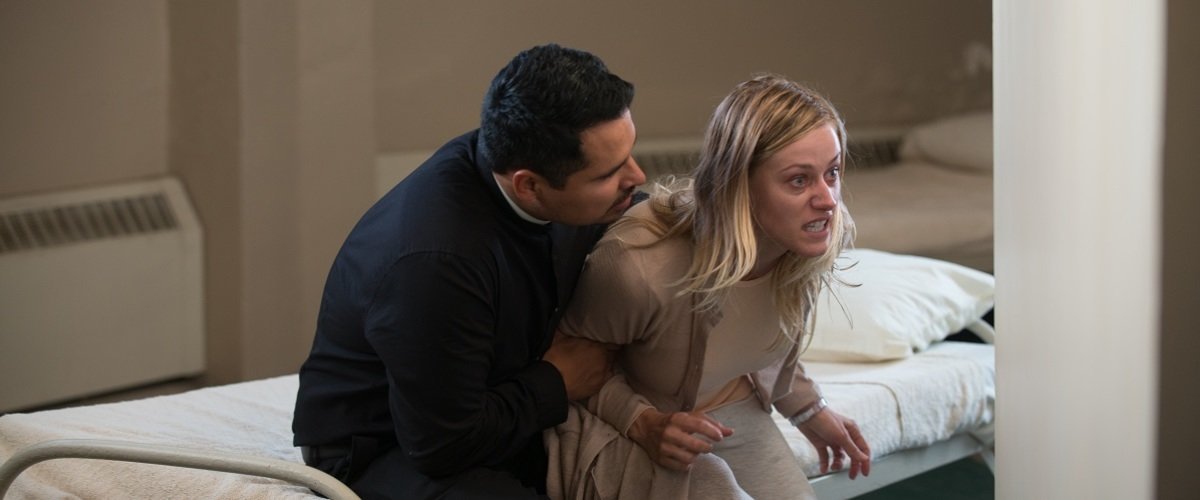
The film is littered with sensational little quirks, particularly [Mark] Neveldine’s apparent fascination with star Olivia Taylor Dudley, who plays a demonically-possessed twenty-something. But once the film finally commits to its most unique/craziest ideas, it just ends suddenly. Until then, “The Vatican Tapes” is way too familiar to be effectively unnerving.
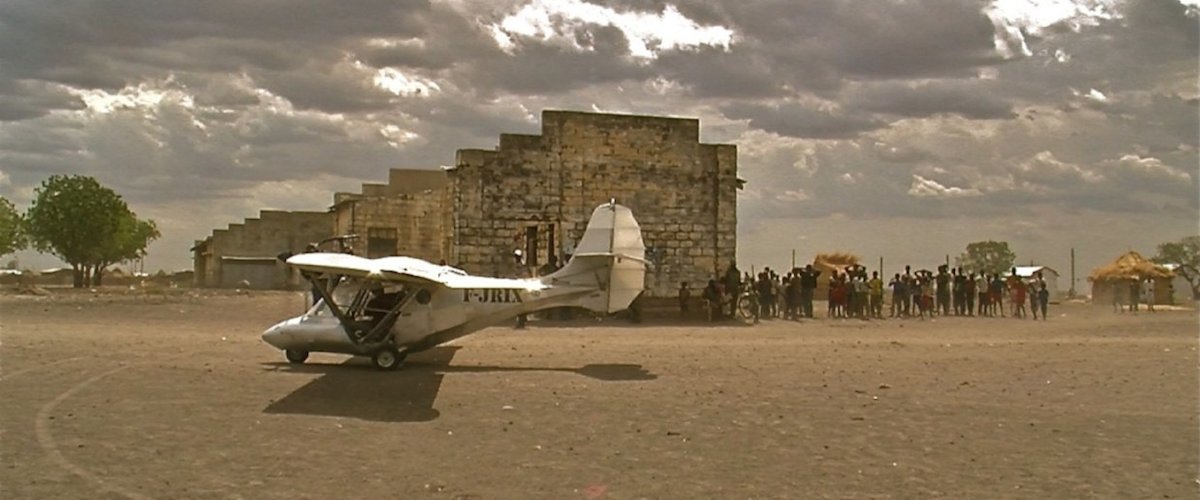
Viewers are not privileged with a more thoughtful, specific view of the institutionalized problems that Sudanese natives face because Sauper’s not interested in making that kind of film. Instead, he provokes viewers by juxtaposing quasi-archetypal stories and loaded footage that are, as they’re arranged in the film, only as meaningful as you want them to be.

Welcome to New York No Rating
The version of “Welcome to New York” that IFC Films is releasing—the film’s producers at Wild Bunch cut the film against [Abel] Ferrara’s wishes, from 125 minutes down to 109—isn’t as powerful, intelligent, or coherent. To put it bluntly: the version of “Welcome to New York” that’s being released today isn’t worth seeing.

What We Do in the Shadows ***1/2
“What We Do in the Shadows” is an irrepressibly charming B-movie that never over-stays its welcome, and is both conceptually clever and admirably well-executed.

Wild City ***
T-Man’s world of middle-men gangsters, fairweather associates, and commonplace violence feels real because [Ringo] Lam takes his sweet time while rehashing a story you’ve probably seen in one form of another. This is a film noir that is, despite some jittery, Tony Scott-esque action sequences, so cool, that you will leave it begging for a sequel.

The Young and Prodigious T.S. Spivet **1/2
“T.S. Spivet” is a messy, warm comedy about grief, family and imagination. It’s also ironically about being seen and rarely heard. But while some of the film’s wide emotional turns—from over-caffeinated road movie to magically-realistic melodrama and back again—are not handled with care, the film is more than the sum of its unequal parts.

“Zombeavers” is the kind of comedy whose greatest innovation is in its title, a play on words that suggests both a flesh-eating dam-builder, and a deathless female body part. That joke is tellingly flogged like the proverbial dead horse throughout “Zombeavers,” a comedy that sounds much funnier than it actually is.


